 Produced by Mark Burnett, Sean Daniel,
Produced by Mark Burnett, Sean Daniel,
Duncan Henderson, Joni Levin
Screenplay by Keith Clarke, John Ridley
Based on Ben-Hur: A Tale of the Christ
by Lew Wallace
Directed by Timur Bekmambetov
Starring Jack Huston, Toby Kebbell,
Rodrigo Santoro, Nazanin Boniadi,
Ayelet Zurer, Morgan Freeman
Ben-Hur is the most recent cinematic remake of the story of Judah Ben-Hur; a man accused of a crime, who is betrayed by his adopted brother, the Roman soldier Messala. Everything is taken from Judah, his family is imprisoned, and he is sold into slavery. Fueled by hate, Judah works his way home to seek retribution.
His road to revenge leads him to an unexpected place, forgiveness.
If you were looking for Fast and the Furious meets Gladiator, you will be sorely disappointed.
Ben-Hur is not actually an action movie. It is a drama salt and peppered with some action sequences.
It is difficult a to write about the new Ben-Hur movie and not compare it to one of the five other pre-existing adaptations of Lew Wallace’s novel. Which begs the question, “Why remake this story, again?” The only answer I have is to give a new generation access to a story in a way that they can connect to it. With each telling you build a bridge from one generation to the next, making the message accessible to all.
The message of Ben-Hur is always the same; revenge will consume your life, love and forgiveness will save it. It is a timeless message. Unfortunately, this version of the film will not be timeless. It will look just as dated in 20 years as the 1959 version of the film looks now.
Director Timur Bekmambetov’s Ben-Hur is a mess of poor script writing, melodramatic acting, and overbearing special effects that border on first person, video game cinematics. You know there is a problem when the Charlton Heston version of the film looks subtle is comparison.
The dialog was so predictable, that several times I heard the person sitting next to me whisper the next line of the script before the actor had a chance to deliver it. Jack Hudson’s Judah seemed lost for the three quarter’s of the film, not gaining a backbone until the chariot race. Judah seems to survive more by luck than an inner strength and fury that allows him to claw his way back to home and status. The female cast are wasted. Nazanin Boniadi, Sofia Black-D’Elia, and Ayelet Zurer each are talented actresses, and used as little more than set dressing. Their own pains or plights are never given much thought except in the context of their loss is Judah’s loss.
Having Morgan Freeman as the character of Ilderim, the man who gives Ben-Hur a chance at chariot races, should have helped to save the film, but Freeman just looks bored most of the time. His bookend narration only served to highlight the spoon-fed storytelling that is the hallmark of this film.
The Ben-Hur chariot race is one of the most famous action scenes in cinematic history. Both the race of the silent film and of Heston’s 1959 film where groundbreaking for their times. So, how does a director reinvent the race to make it feel new and exciting? Apparently, he uses jumpy camera work and digital technology. However, better technology doesn’t necessarily bring better storytelling. The shaky-cam, close shots make it hard to follow the action and choppy. The digital technology allows for accident to happen with the horses, which could not be filmed in real life. These accidents are intense, but they are the equivalent of a jump scare in a horror movie; effective, but cheap and lose their impact with repeated use.
The one redeeming piece is the different take on Messala. Toby Kebbel plays Judah’s nemesis with a sympathetic leaning. Messela is portrayed as a man looking to be on equal footing with the wealthy Judah, taking the only road open to a man of his circumstances, a military career. Instead of the traditional back stabbing, ambitious roman soldier, Messela is more of a man who is between a rock and a hard place, making the wrong choice because he can see no other choice.
Lastly, there is the story of Jesus. Judah’s story is traditional intertwine with the capture and crucifixion of Jesus Christ. Through Judah, you see how the teachings of Jesus can save a man from a life of destruction. These bits are shoehorned in the most obvious ways, making it feel like Christian conversion propaganda tacked on to a daytime drama.
Ben-Hur had all the ingredients to join the pantheon of great sword and sandal movies. Instead, this charioteer lost control of his team and crashed into a blooded mess.







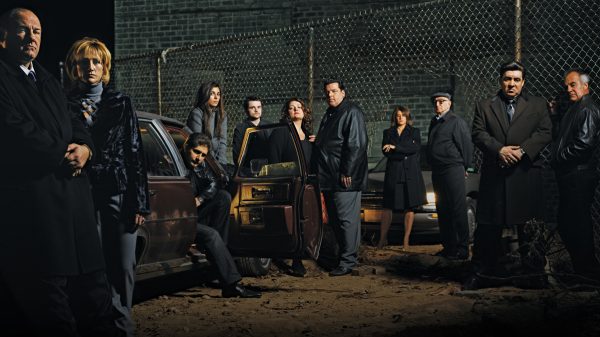
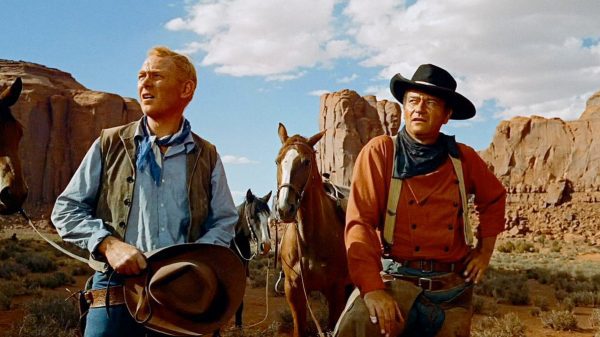


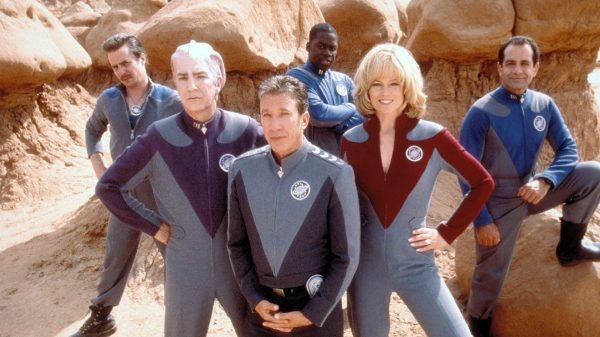



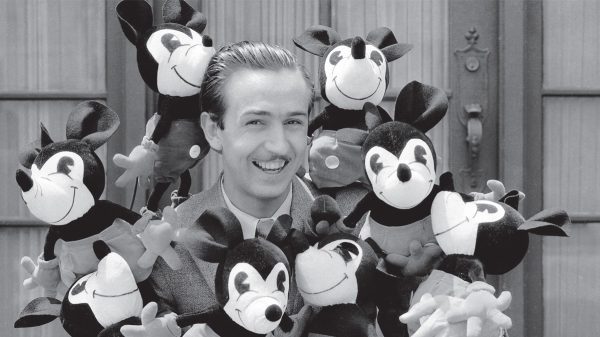


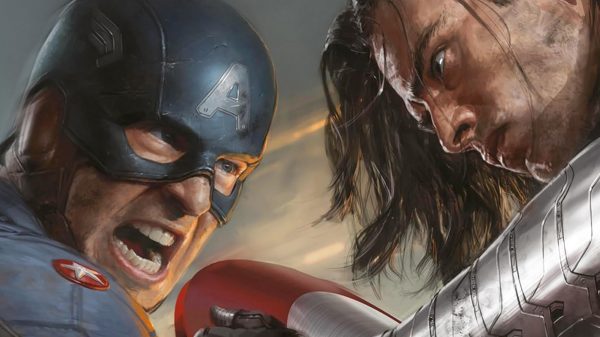





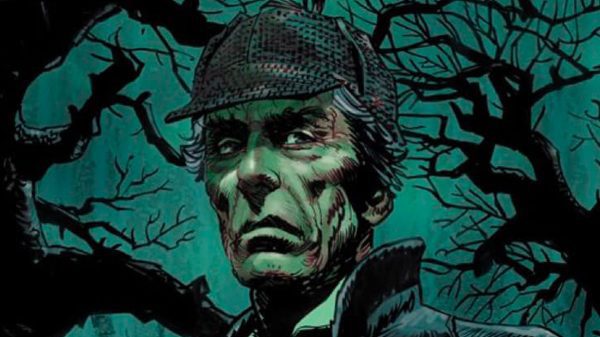
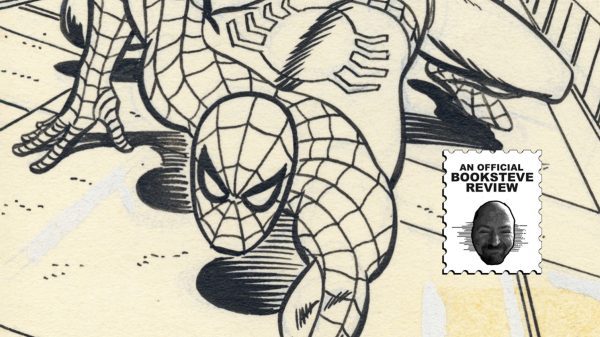






















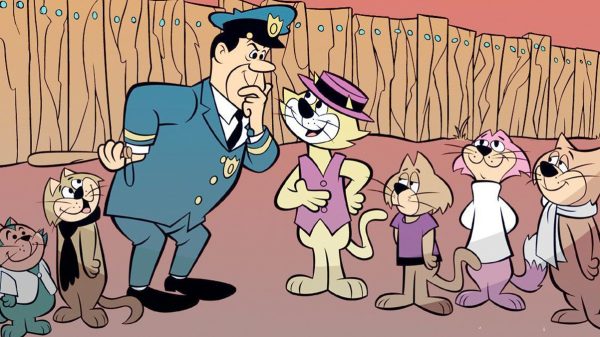
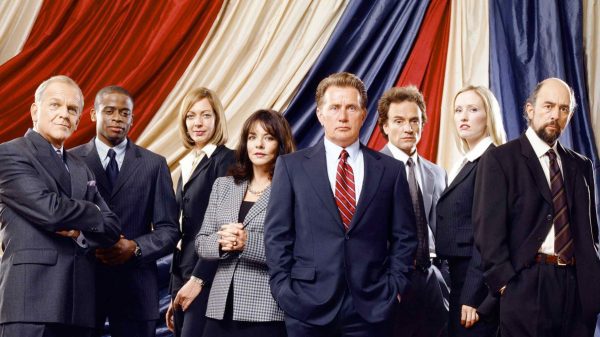
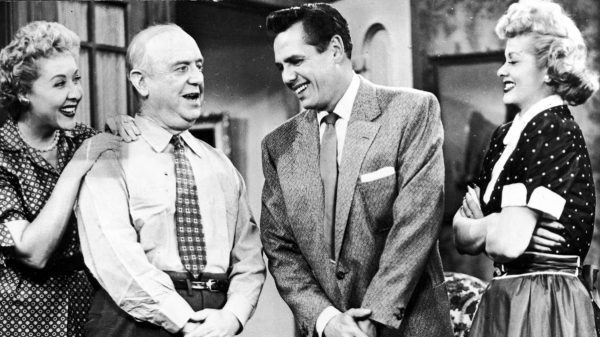




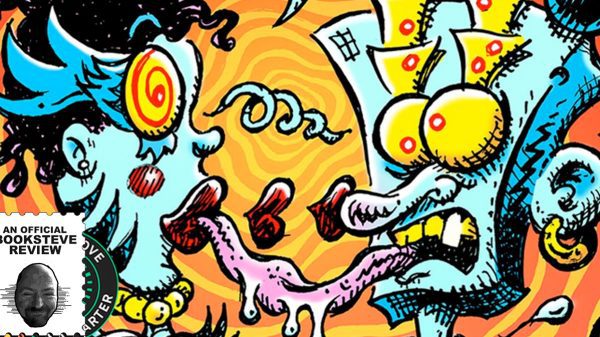



































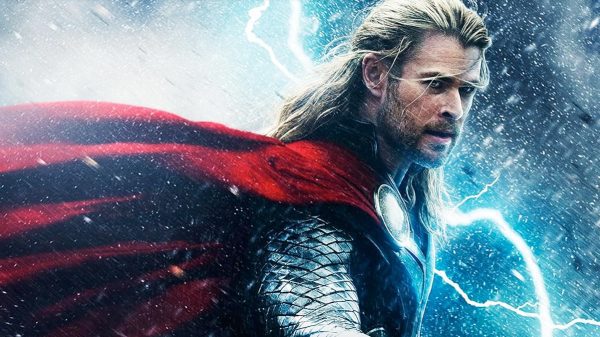









You must be logged in to post a comment Login